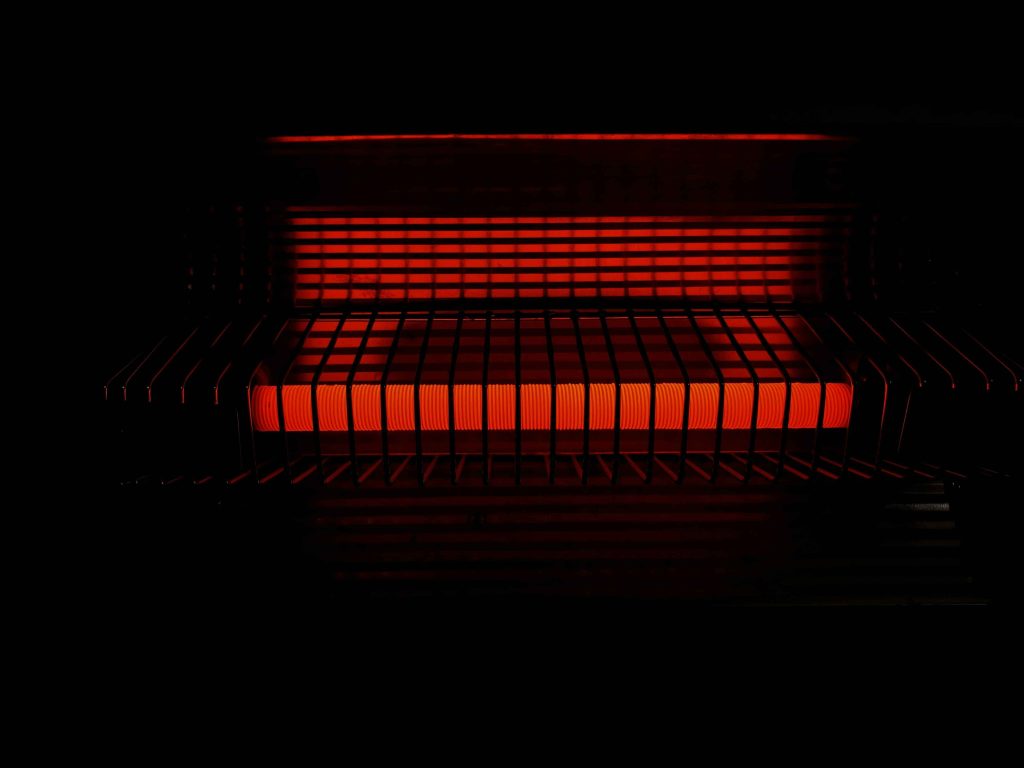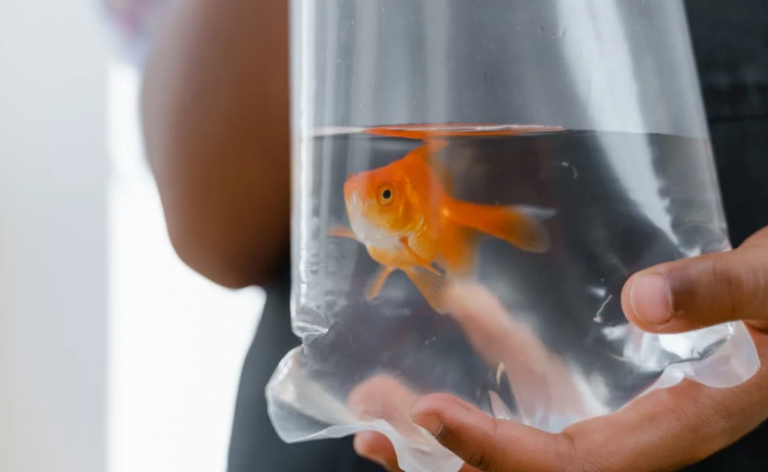A strange odor coming from your heater can be concerning, especially if it smells like fish. This peculiar smell is not only unpleasant but could also indicate a potential issue with your heating system. In this article, we will explore the possible reasons Why Does My Heater Smell Like Fish, how to diagnose the problem, and what steps you can take to address it. By the end, you’ll have a better understanding of what might be causing the odor and how to deal with it effectively.
Understanding the Fishy Smell of Heater

Common Causes
Several factors can contribute to a heater emitting a fishy smell. Understanding these causes can help you pinpoint the issue and take appropriate action. Here are some common reasons:
- Electrical Problems
- Burning Plastic or Rubber
- Dirty Air Filters
- Mold or Mildew
- Overheating Components
Electrical Problems
One of the most common reasons for a fishy smell from your heater is electrical issues. Electrical components, such as wires, can overheat and cause a burning odor that is often mistaken for a fishy smell. This can happen due to faulty wiring, loose connections, or overloaded circuits.
Burning Plastic or Rubber
Heaters contain various components made from plastic or rubber. When these materials overheat or come into contact with hot surfaces, they can emit a fishy smell. This is often due to components wearing out or becoming damaged over time.
Dirty Air Filters
Air filters in your heating system are designed to trap dust, dirt, and other particles. When these filters become clogged, they can overheat and produce unpleasant odors. Additionally, dirty filters can reduce the efficiency of your heater, causing it to work harder and overheat.
Mold or Mildew
Mold and mildew can grow in the ducts or on the coils of your heating system, especially if there is excess moisture. These microorganisms can produce a musty or fishy smell when the heater is running. This is not only unpleasant but can also affect indoor air quality.
Overheating Components
Heaters rely on various components, such as motors and belts, to function correctly. If these components overheat, they can emit a burning or fishy smell. Overheating can be caused by mechanical failure, lack of maintenance, or restricted airflow.
Diagnosing Why My Heater Smells Like Fish
Visual Inspection
Conducting a visual inspection of your heating system can help you identify any obvious issues. Here’s how you can do it:
- Turn Off the Heater: Before inspecting, make sure the heater is turned off and unplugged to ensure your safety.
- Check for Visible Damage: Look for any signs of damaged wires, melted plastic, or burnt components. Pay close attention to the areas where the smell is most potent.
- Inspect the Air Filters: Remove and inspect the air filters. If they are dirty or clogged, this could be the source of the smell.
Listen for Unusual Noises
Heaters often produce some noise during operation, but unusual sounds like buzzing, clicking, or humming can indicate a problem. These noises can be a sign of electrical issues or failing components.
Professional Diagnosis
If you cannot identify the problem through a visual inspection or if you suspect a more serious issue, it’s best to call a professional HVAC technician. They have the tools and expertise to diagnose and fix complex heating system problems.
Addressing Fish Like Smell in Heater
Electrical Issues
If electrical problems are causing the fishy smell, it’s crucial to address them immediately to prevent potential hazards such as electrical fires. Here’s what you can do:
- Turn Off the Heater: Unplug the heater and turn off the circuit breaker that supplies power to it.
- Call an Electrician: Contact a licensed electrician to inspect and repair any faulty wiring or electrical components.
- Avoid Using the Heater: Do not use the heater until the issue has been resolved by a professional.
Replacing Damaged Components
If you find any damaged or melted plastic or rubber components during your inspection, they will need to be replaced. Follow these steps:
- Turn Off the Heater: Ensure the heater is turned off and unplugged.
- Identify the Damaged Parts: Locate the damaged components and note their make and model.
- Purchase Replacements: Buy replacement parts from a trusted supplier or contact the manufacturer for OEM parts.
- Install New Components: Replace the damaged parts according to the manufacturer’s instructions or hire a professional technician to do it.
Cleaning or Replacing Air Filters
Dirty air filters can easily be cleaned or replaced to eliminate the fishy smell:
- Turn Off the Heater: Always turn off and unplug the heater before performing maintenance.
- Remove the Filters: Take out the air filters from the heater.
- Clean the Filters: If the filters are washable, clean them with warm, soapy water and let them dry completely before reinstalling. If they are disposable, replace them with new ones.
- Reinstall the Filters: Put the clean or new filters back in place and turn the heater back on.
Addressing Mold or Mildew
If mold or mildew is the source of the smell, it’s important to clean and sanitize the affected areas:
- Turn Off the Heater: Ensure the heater is off and unplugged.
- Access the Affected Areas: Open the heater or ducts to access the areas where mold or mildew is present.
- Clean and Sanitize: Scrub away mold and mildew with a mixture of water and mild detergent or a specialized mold cleaner. Ensure the areas are thoroughly dried before reassembling the heater.
- Prevent Future Growth: Consider using a dehumidifier to reduce moisture levels and prevent mold growth.
Preventive Maintenance
Regular maintenance can help prevent future issues and ensure your heating system operates efficiently:
- Schedule Regular Inspections: Have a professional technician inspect your heating system annually.
- Replace Air Filters Regularly: Change air filters every 1-3 months, or as recommended by the manufacturer.
- Keep the Area Clean: To promote proper airflow, ensure the area around your heater is clean and free of debris.
- Monitor for Issues: Pay attention to any unusual smells or noises and address them promptly.
Conclusion
So, Why Does My Heater Smell Like Fish? A fishy smell coming from your heater can be alarming, but understanding the possible causes and knowing how to address them can help you resolve the issue quickly and safely. Whether it’s electrical problems, burning plastic, dirty filters, or mold, identifying and fixing the problem will ensure your heater operates smoothly and your home remains comfortable and safe.
Remember, if you’re unsure about diagnosing or repairing your heater, it’s always best to consult a professional. Regular maintenance and prompt attention to issues will keep your heating system running efficiently and help you avoid unpleasant odors in the future.



